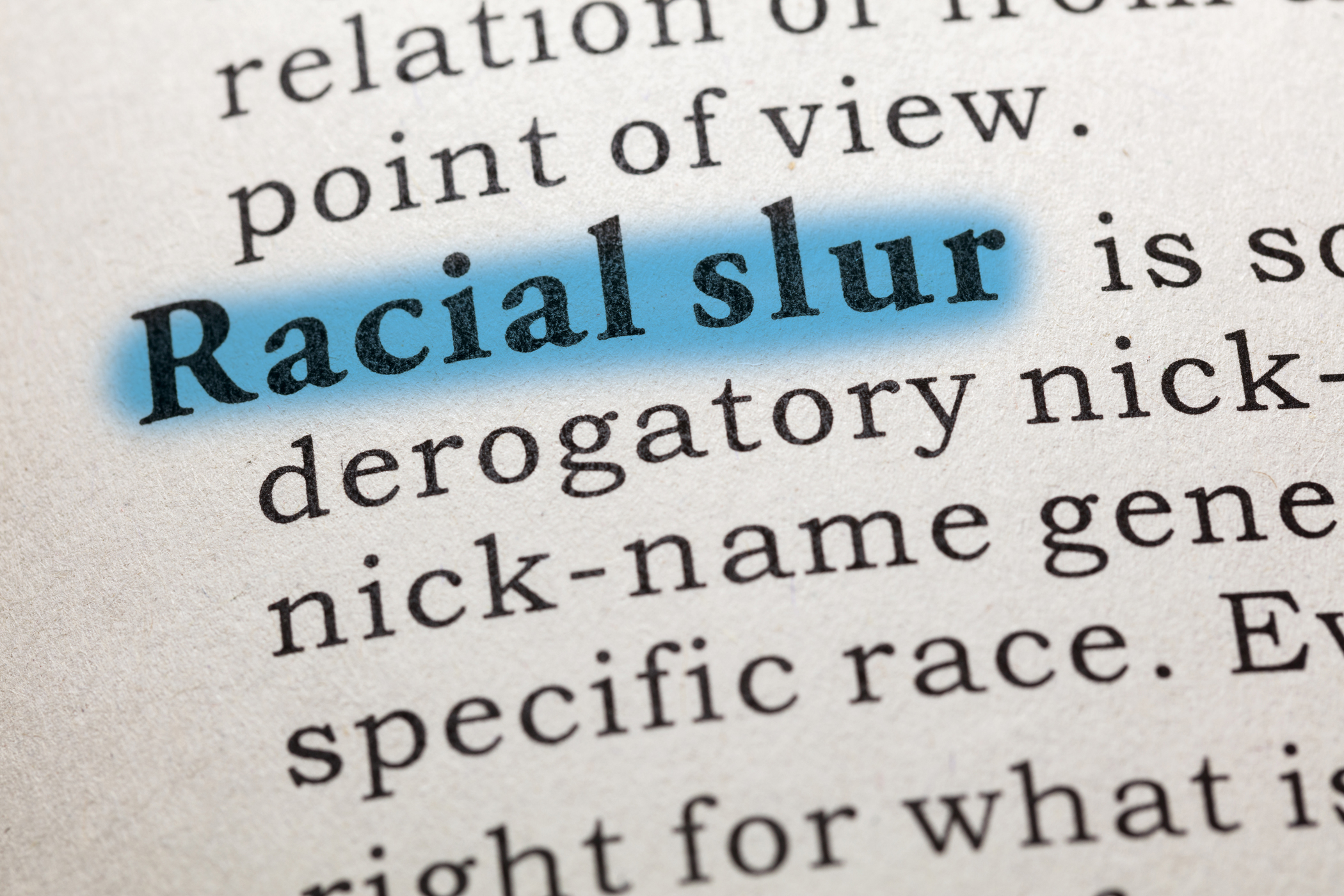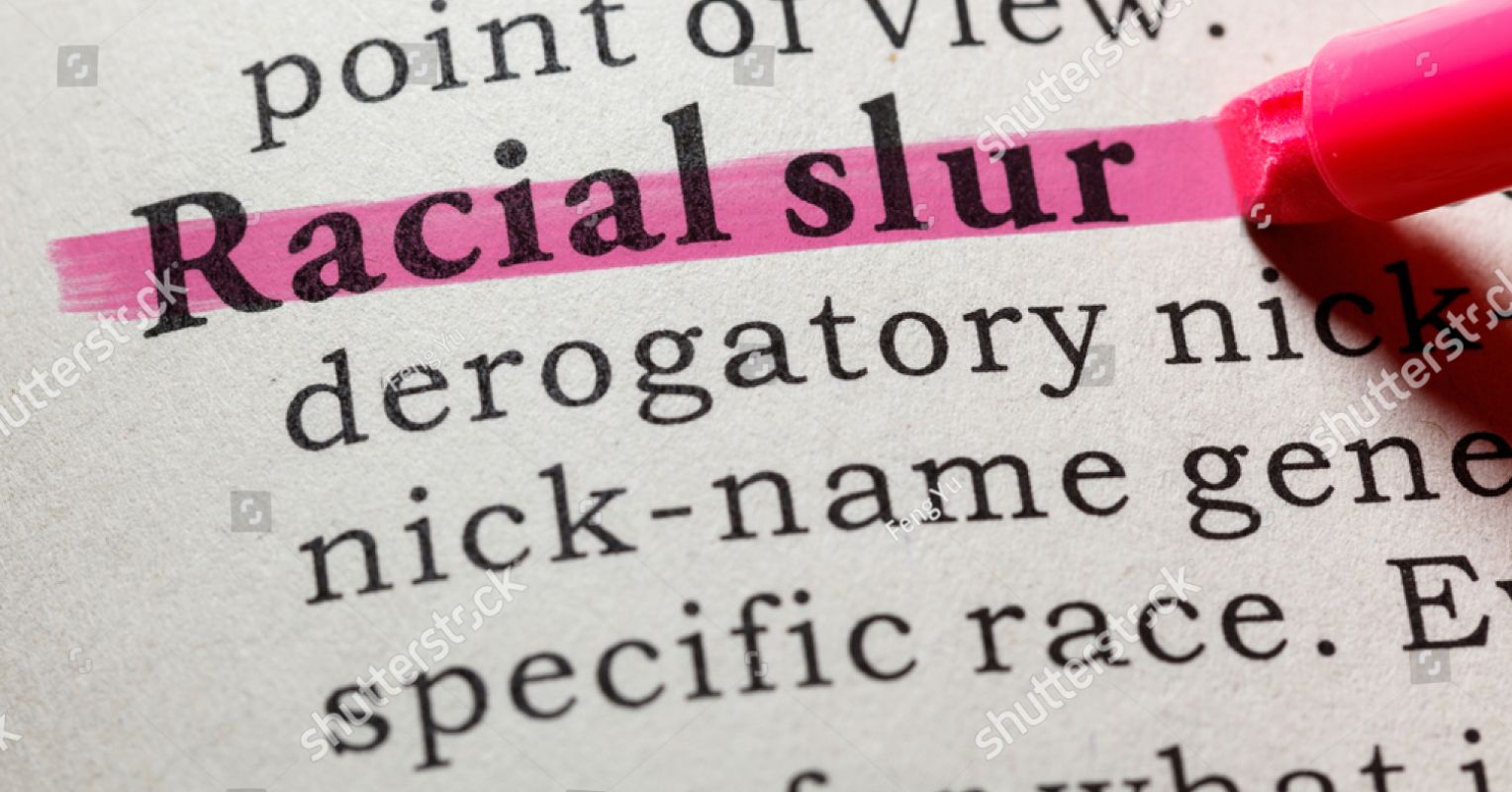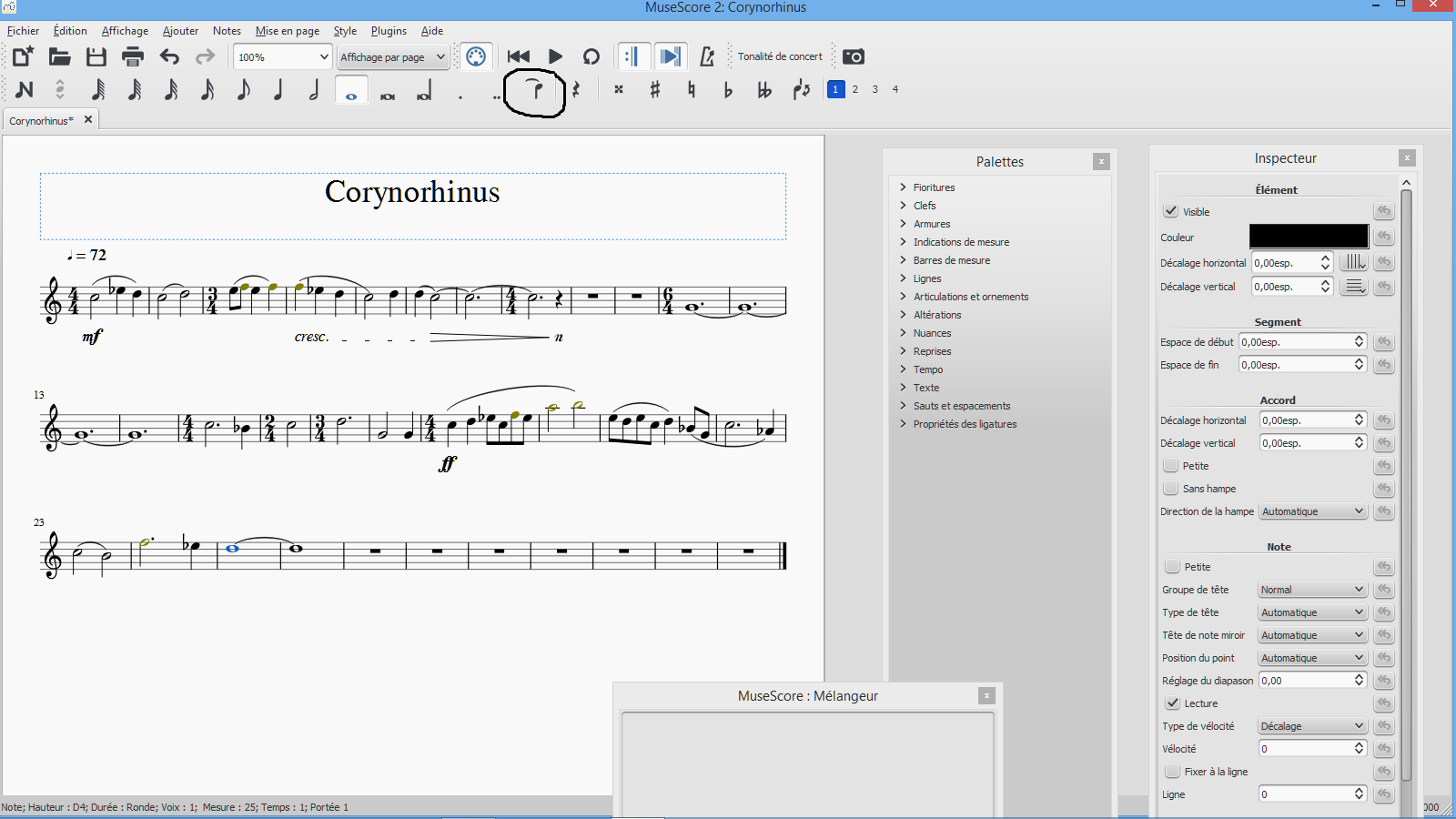Words carry a great deal of weight, and some can cause real pain, particularly when they target someone's background or where they come from. It's almost as if certain phrases are designed to cut deep, leaving lasting marks on individuals and even whole communities. For people of Indian heritage, whether from South Asia or indigenous North America, a collection of these hurtful terms has been aimed at them throughout time.
This discussion looks at how these words have been used, why they are so damaging, and what their broader effects are. We will, in a way, explore the ideas that make certain words into tools of disrespect and mistreatment, focusing on those aimed at people often referred to as "Indians" in various contexts. You see, it's about more than just a word; it's about the history and the real-world impact that comes along with it.
Knowing about these terms, and their origins, is a pretty important step toward building places where everyone feels accepted and treated with kindness. It's not about making anyone feel bad, but rather about bringing light to a difficult subject so we can all, perhaps, learn to speak and interact with greater thought and care. Anyway, this piece aims to shed some light on this complex topic.
- Donald Trumps Iq
- Bold And The Beautiful
- Gloria Borger
- Audrey Le Strat Date Of Birth
- Sherrie Swafford 2024
Table of Contents
- What are slurs, and why do they matter?
- The Historical Road of Derogatory Terms for Indians
- How do slurs for Indians affect people?
- Can we really change the use of slurs for Indians?
- Understanding the Various Kinds of Slurs for Indians
- Addressing the Use of Slurs for Indians in Public Life
- Why it's Important to Know About Slurs for Indians
- Creating a More Respectful Space for Indians
What are slurs, and why do they matter?
A slur is, basically, a word or a short phrase that aims to insult or put down someone, often because of their background, their beliefs, or who they are as a person. These are not just casual remarks; they are words that carry a heavy load of negativity. You know, they are often used to make fun of or show dislike for members of a certain group, whether that group is based on their family line, their home country, or their race.
When we talk about slurs, we are really talking about words that are seen as racist, or that show hatred towards people because of their sexual orientation, their gender identity, their physical abilities, or their faith. There are, apparently, many different terms that fit into this idea. Our sources indicate that a pretty substantial collection of these terms exists, with databases listing thousands of them, each with its own story of how it came to be used in a hurtful way.
Racial slurs, sometimes called racial put-downs, are words or phrases that point to people from certain racial and ethnic groups in a way that is meant to be mean-spirited. They do, in fact, take away a person's human qualities. It's almost as if these words try to make someone seem less than human, less worthy of respect and kindness. This act of stripping away someone's dignity is a really serious part of why these words are so harmful.
- Alison Victoria Kinder
- Mehdi Hasan Journalist Wife
- Pinayflixcom
- Filmy Flycom Bhojpuri
- Diddy Adopted Daughter
Using slurs is a form of speech that promotes hatred. It's meant to cause hurt to people just because they belong to a particular group. It does not just cause bad feelings; it also helps to keep unfair treatment going. When someone uses a slur, they are not only saying something offensive, but they are also, in some respects, adding to a bigger problem of unfairness and control. So, understanding the effects of these words in our everyday talks, looking at their past uses, and seeing the need for encouraging kindness through thoughtful and polite conversation is pretty important.
The Historical Road of Derogatory Terms for Indians
To truly grasp the weight of these words, it helps to look back at where they came from. There are, for instance, many lists of words that have been used to speak badly about people from a given background. These words are often meant to suggest something negative or to put down members of a certain group. Our records show a wide array of such terms, each with a story of how it was used to hurt or diminish.
Consider the term "Redskin." This word, once used to describe Native Americans in the United States and First Nations people in Canada, has, over time, taken on a very negative meaning. It's almost as if the word itself changed its character, becoming more and more hurtful from the 1800s into the early 1900s. Interestingly, some old languages, like those of the Algonkian people, had terms that sounded similar but meant something entirely different, like "woman of the woods." This shows how words can change their meaning and become harmful, sometimes, quite drastically.
Another term, "Keling" or "Kling," is a word that has been used in places like Malaysia, Singapore, and Indonesia to talk about anyone living there who is of Indian descent, particularly those from South India. This word, too, carries a history of being used in a way that puts people down. It is, in fact, an outside term, not one that people of Indian background chose for themselves.
Then there's "Paki," a word that started in the United Kingdom and is aimed at people from Pakistan, but also at other South Asians, including those from India and Bangladesh. This word, sadly, is sometimes used to insult someone's religion as well. It's just a little example of how a single word can carry multiple layers of hurt and prejudice.
People from Northeast India, for example, have, for many years, faced mean actions and unfair treatment, including racial slurs like "chinky" and "chow mein." These words have been used against them in other parts of their own country. It's a sad truth that such abuse has become, tragically, quite common for some. Similarly, the English word "squaw" is a very old term, historically used for indigenous North American women, and it is considered both an ethnic and a sexual slur. It's a very clear example of how language can be used to demean and disrespect women from specific groups.
How do slurs for Indians affect people?
The impact of these words is not just theoretical; it's felt in the daily lives of people. Many individuals of Indian heritage have, you know, faced or seen direct acts of racism and hatred, both online and in person. It's a very real part of their experience, and it can be quite upsetting to hear about or witness. These experiences can make people feel unwelcome or unsafe in their own communities.
Words that relate to the caste system, which are, sadly, often used in everyday conversation, have a deep effect on how people interact in society. They can, in some cases, lead to groups of people being avoided, or kept separate, and can even contribute to unfair systems that last for a long time. This shows how language, even what seems like common talk, can have very serious social results, creating divides and maintaining old harms.
Native Americans have, frankly, put up with a lot of difficult situations for centuries. Yet, one thing that could, perhaps, change right away is the way people talk about them. The words and phrases used to refer to America's first peoples often carry old, incorrect ideas. It's important to know that these problematic words about Native Americans, and the wrong history they often quietly promote, help to keep ideas of one group being better than another going. The National Education Association, for instance, has pointed this out, showing how deeply rooted these language issues are.
Can we really change the use of slurs for Indians?
Changing how people use language, especially when it comes to hurtful terms, is a big task, but it is, arguably, possible. One way to work towards this is through teaching and learning. For example, there are guides made to help school leaders, teachers, and parents learn about words and insults that target people of Hindu faith. Knowing these words is, actually, a really important step for making sure that schools and other places feel safe and welcoming for everyone. It's about building an environment where everyone feels respected.
Community groups are also playing a part. The Hindu American Foundation, for instance, has started a project to gather different slurs and mean words used against Hindus. Their goal is to fight against the use of these terms. They even ask people to share words they've heard, which is, you know, a way for the community to come together and address this issue head-on. This kind of group effort can really make a difference in raising awareness and encouraging better language habits.
Understanding the Various Kinds of Slurs for Indians
When we talk about slurs, it's not just one type of hurtful word. Our source material suggests that there are, perhaps, many different kinds, with numerous examples falling into this broad category. This means the problem is quite varied, covering a wide range of terms that aim to hurt or disrespect. For example, there are detailed lists that include not only racial slurs but also terms that are homophobic or otherwise offensive to various groups of people. It's a fairly broad area of study, to be honest.
The term "ethnophaulisms" is used to describe words or phrases that have been, or still are, used to suggest something negative about people from a particular ethnic background, or to refer to them in a way that is critical or demeaning. This category includes many of the specific slurs we've already discussed, showing how widespread this kind of language can be. It's a very clear way that language is used to mark and diminish groups of people.
Beyond ethnic slurs, there are also casteist slurs, which, as mentioned, can lead to serious social problems like boycotts and unfair treatment. And, as we saw with the word "Paki," some terms can be used as religious slurs, attacking someone's faith. The word "squaw" also shows how a term can be both an ethnic and a sexual slur, targeting someone based on their background and their gender. So, it's pretty clear that these hurtful words come in many forms, each with its own specific sting.
Addressing the Use of Slurs for Indians in Public Life
The impact of slurs isn't confined to private conversations; it often surfaces in public settings, sometimes with significant consequences. We've seen, for instance, situations where public figures face backlash for using racial slurs. A specific example from our source talks about Yulissa Escobar, who left a reality TV show after videos came out online showing her using racial slurs. This instance highlights how past actions, even those not in the immediate spotlight, can have a very real effect on someone's public life and career. It shows that there is, in fact, a growing expectation for people, especially those in the public eye, to be held responsible for their words.
When someone famous or well-known uses a slur, it can, in a way, make the problem worse, as their words reach many people and can, perhaps, normalize such language. It's important for everyone to understand that words have power, and for those with a platform, that power is even greater. This is why, in today's world, there's a stronger call for public figures to be thoughtful about what they say and to understand the historical weight and harm that certain words carry. It's almost as if the public is saying, "We expect better."
Why it's Important to Know About Slurs for Indians
Knowing about these hurtful terms, including slurs for Indians, is, actually, a very important part of building a kinder and more accepting world. When we understand the history and the impact of these words, we are better equipped to challenge them. It helps us to see why certain phrases are not just "jokes" or "harmless comments," but rather tools that cause real pain and contribute to unfairness. This awareness is, in some respects, a shield against prejudice.
For example, if you know that a word like "Redskin" has a history of demeaning Native Americans, you are less likely to use it, and you can, perhaps, explain to others why it's harmful. This kind of shared knowledge helps to promote respectful communication. It’s about creating an environment where everyone feels safe and valued, and where language is used to connect people, not to push them apart. So, yes, it's pretty crucial to be informed.
Creating a More Respectful Space for Indians
Building places where people of Indian heritage feel truly respected and included means actively working to change how we talk and act. It’s not just about avoiding hurtful words, but also about choosing words that build up and celebrate differences. This means, for example, promoting education about diverse cultures and histories, which can help people understand each other better. It’s almost like planting seeds for a more understanding community.
It also involves supporting initiatives that challenge prejudice and unfairness. Groups that gather information about slurs, or that work to educate others, are doing very important work. By learning from these efforts and by speaking up when we hear or see hurtful language, we can, in a way, contribute to a positive change. It’s about creating a society where every person, regardless of their background, is treated with the dignity and kindness they deserve. This commitment to respectful communication is, perhaps, one of the most powerful tools we have.
This discussion has looked at what slurs are, how they are used against people of Indian heritage, and the historical path of some of these hurtful terms. We have explored the deep effects these words have on individuals and society, and considered ways we might change their use. The piece also touched on the various kinds of slurs and how their use in public life can have real consequences. Finally, it covered why knowing about these terms is important for fostering respectful spaces.
Related Resources:



Detail Author:
- Name : Luz Miller
- Username : dmuller
- Email : shania22@gmail.com
- Birthdate : 1985-12-17
- Address : 395 Schuyler Crossroad Suite 122 North Lavonmouth, DE 95115-8828
- Phone : (360) 767-4405
- Company : Tromp-Feil
- Job : Building Cleaning Worker
- Bio : Velit labore et maxime ut voluptate. Omnis doloribus libero nostrum quia. Aut et optio ratione error nobis rerum est ea. Hic cumque voluptas dolores ex dolorum nesciunt.
Socials
instagram:
- url : https://instagram.com/ardella_xx
- username : ardella_xx
- bio : Beatae quo iure aut. Sapiente rem aut pariatur est ut.
- followers : 1232
- following : 143
facebook:
- url : https://facebook.com/ardella.frami
- username : ardella.frami
- bio : Temporibus temporibus minima expedita velit.
- followers : 3590
- following : 1268
tiktok:
- url : https://tiktok.com/@framia
- username : framia
- bio : Molestias et accusamus deleniti velit. Non error sit mollitia quod.
- followers : 2077
- following : 1271
linkedin:
- url : https://linkedin.com/in/ardellaframi
- username : ardellaframi
- bio : Est dolor alias architecto in corrupti.
- followers : 848
- following : 490